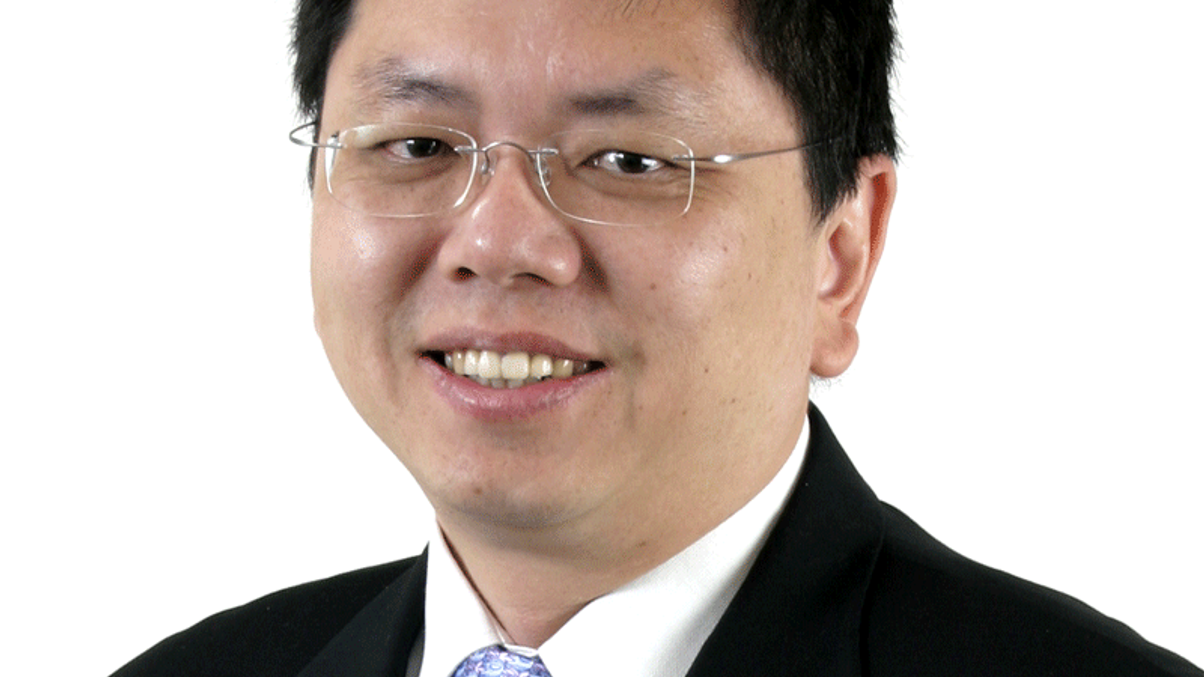Lion Global markets Sicavs in Singapore, mulls CB fund
The firm is mulling an Asian convertible bond fund and has picked BNP Paribas to distribute its Ucits funds. Its head of fixed income also considers Greece to be technically in default.

Lion Global Investors is mulling whether to launch an Asian convertible bond fund after registering two Luxembourg-incorporated, Sicav-structured Asian bond funds in Singapore.
Sign in to read on!
Registered users get 2 free articles in 30 days.
Subscribers have full unlimited access to AsianInvestor
Not signed up? New users get 2 free articles per month, plus a 7-day unlimited free trial.
¬ Haymarket Media Limited. All rights reserved.


